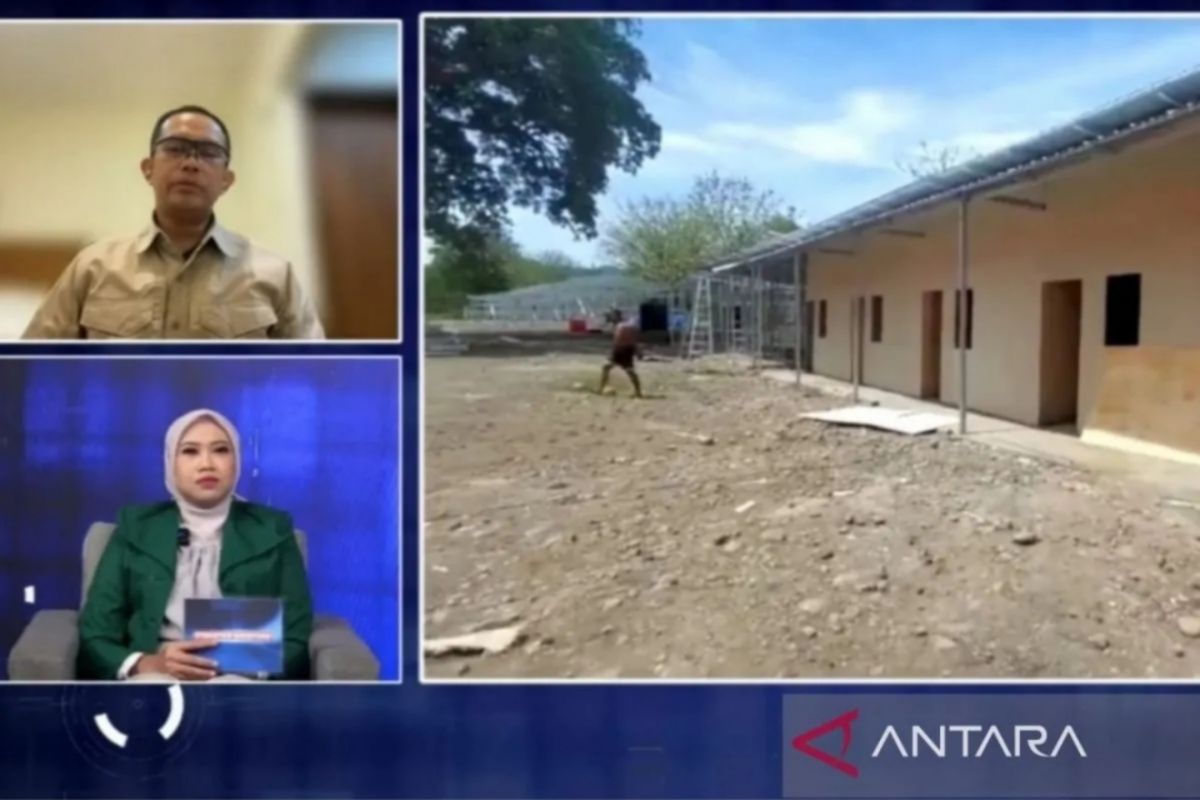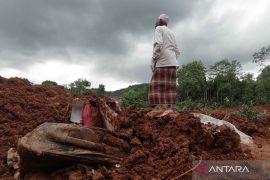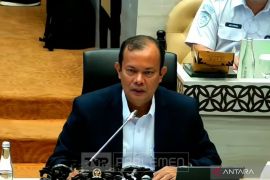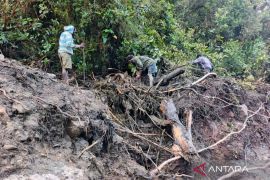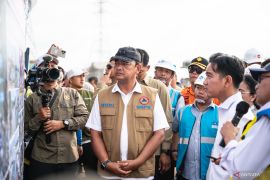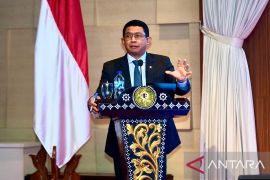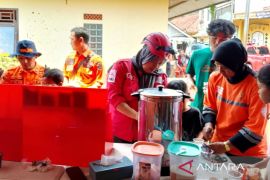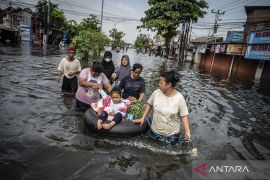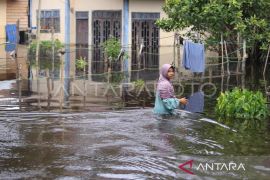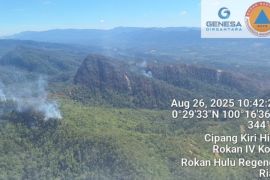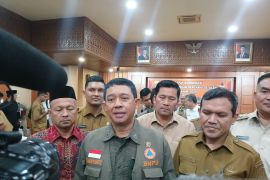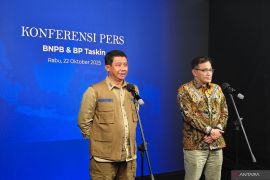"With an additional 10 families, a total of 250 families have now been moved from field posts to temporary housing," BNPB’s Director of Victim and Refugee Assistance, Nawan Harahap, stated.
Speaking in a video broadcast monitored from Jakarta on Sunday, he said the government has provided 50 duplex houses, all of which are now fully occupied under a shared accommodation scheme.
Harahap further noted that soldiers from the Indonesian National Armed Forces (TNI) are currently constructing 40 additional duplex houses to accommodate 200 more families affected by the eruptions.
"The goal is to relocate 200 more families to the duplex houses being built in the second phase, which is expected to be completed by February 24," he explained.
The affected families are residents of villages in the sub-districts of Ile Bura, Titehena, and Wulanggitang in East Flores District, who were displaced following the eruptions of Mount Lewotobi Laki-Laki in November last year.
In principle, BNPB aims to provide a total of 442 temporary housing units for approximately 2,000 families affected by the volcanic disaster. The displaced residents are welcome to stay in these houses while the government prepares land for permanent homes.
The agency continues to provide logistical and educational assistance to the affected residents, particularly those still taking refuge in shelters or staying with relatives.
Moreover, the government has allocated Displacement Waiting Funds (DTH) of Rp600,000 (US$36.75) per month for six months to support the disaster victims.
Related news: Govt allocates 20 hectares for Mt. Lewotobi eruption refugees
Related news: BNPB ensures basic needs of Lewotobi eruption victims are met
Related news: Indonesian Army restores villages affected by Mt. Lewotobi eruption
Translator: M. Riezko, Tegar Nurfitra
Editor: Primayanti
Copyright © ANTARA 2025
